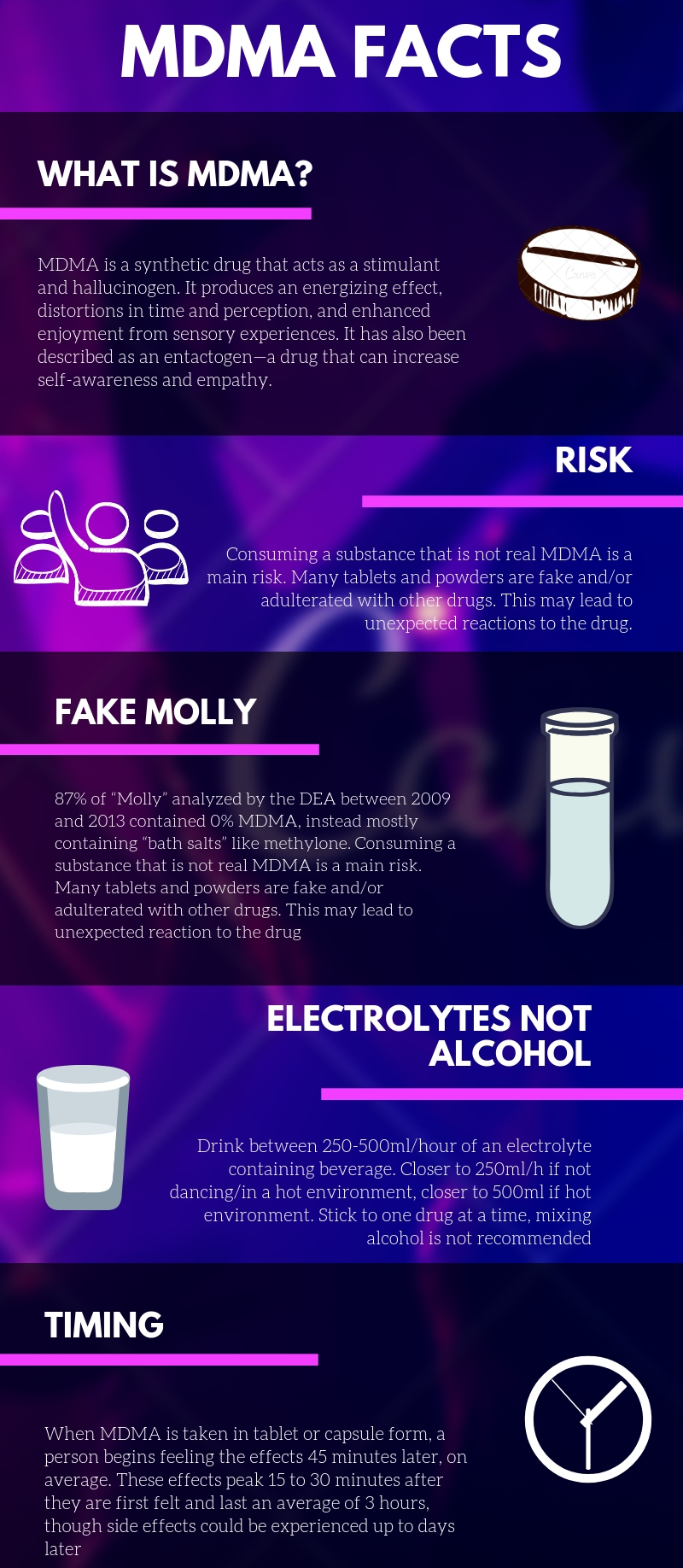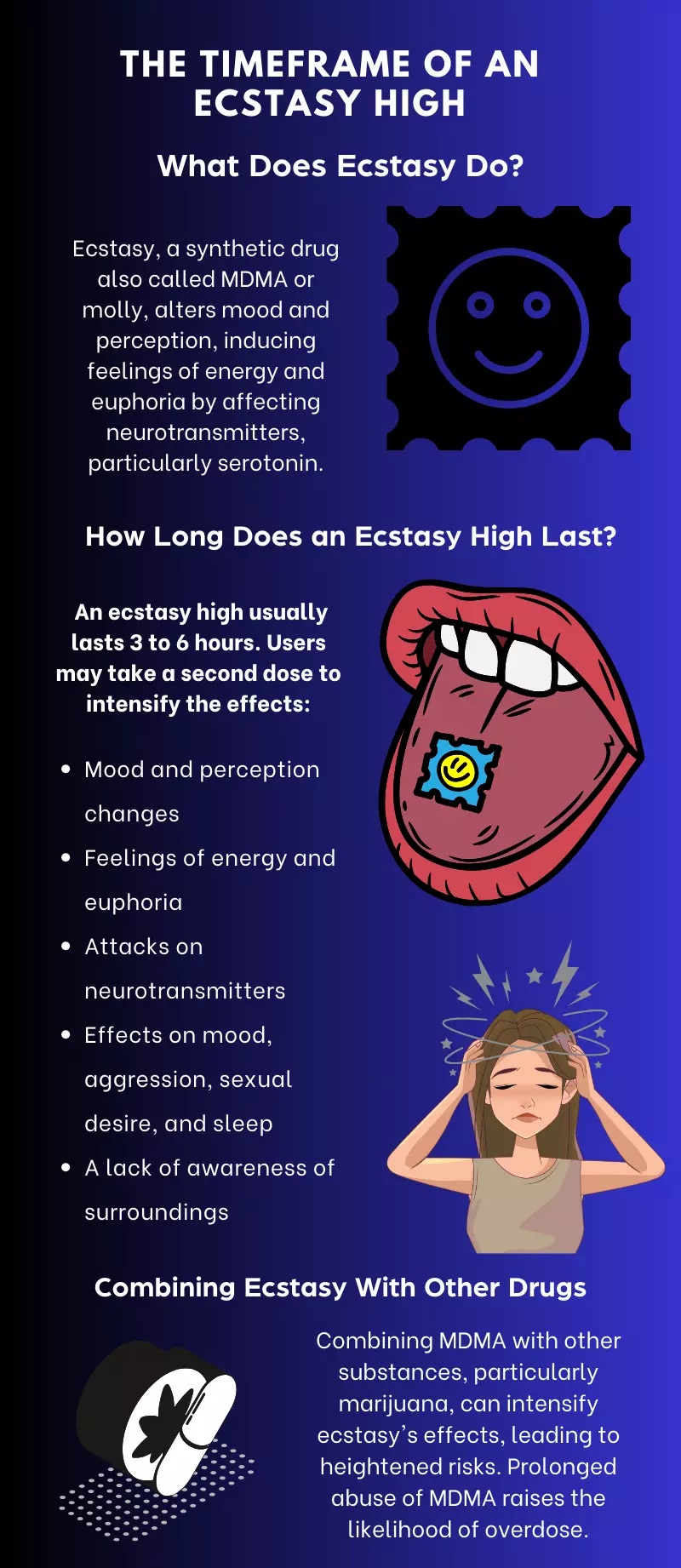MDMA: Know Everything About It Before You Make A Buy
MDMA, commonly referred to as ecstasy or molly, is a psychoactive drug that has gained a lot of attention in recent years. The drug is often used recreationally, usually in a club or party setting, and is known for its ability to produce feelings of euphoria, empathy, and increased energy. However, MDMA has also been found to have a range of potential medical benefits, including the treatment of post-traumatic stress disorder (PTSD) and anxiety.
Why is MDMA Used And How Does MDMA work?
MDMA, also known as ecstasy or molly, is a psychoactive drug primarily used for recreational purposes. It is known for its ability to produce feelings of pleasure, euphoria, increased energy, and empathy. The drug has been used in psychotherapy for many decades, but more recently has become popular as a recreational drug. It has been used to treat DEPRESSION AND ANXIETY, as well as for the treatment of post-traumatic stress disorder. It can also be used to reduce fear and increase trust in social situations.
When it comes to its working, the MDMA works by releasing serotonin, dopamine, and norepinephrine, which are neurotransmitters that help regulate mood, sleep, and appetite. It also increases the release of oxytocin, which is a hormone associated with feelings of trust and social bonding. As a result, MDMA has been shown to reduce fear and anxiety, increase feelings of connectedness with others, and even reduce physical pain.
The EFFECTS OF MDMA can last for several hours, and its effects can vary greatly from person to person. Some people experience intense feelings of energy and joy, while others may become more introspective and reflective. While the effects of MDMA can be pleasant, it can also be dangerous.
The Benefits Of MDMA
The Benefits of MDMA Include:
- The primary benefit of MDMA is its ability to reduce anxiety and fear. It can help people confront and process difficult experiences with reduced fear and emotional reactivity, allowing them to explore their feelings in a more constructive way.
- MDMA also has the potential to increase feelings of trust and connection, which can help people form more meaningful connections with others.
- MDMA can also be beneficial in the treatment of addiction. Research suggests that it can help reduce cravings and improve self-control, allowing people to make better decisions about their health and well-being.
- MDMA can help individuals explore their spirituality. It has been used in religious and spiritual ceremonies for centuries, and recent research suggests that it can help people connect to their spirituality in a more profound way.
Does MDMA Have Medicinal Uses?
In recent years, several studies have been conducted on the USE OF MDMA in therapeutic settings. One study found that patients who were given MDMA-assisted psychotherapy reported significant reductions in their PTSD symptoms, compared to patients who received only psychotherapy. In addition, MDMA can help people to better process and integrate their emotions, as well as open up to conversations and new experiences. In therapy sessions, it can help people to access and explore deeper emotional states, allowing them to develop a better understanding of themselves and their emotions. Other studies have also found that MDMA can help reduce symptoms of anxiety, depression, and social anxiety.
However, it’s important to note that MDMA is still a Schedule I drug and is illegal in most countries, so its use in therapeutic settings is limited. Additionally, there are still many risks associated with the use of MDMA, such as the potential for addiction and overdose.
Overall, while there is still much research to be done, it appears that MDMA does have some potential for medical use. It has been found to be effective in reducing symptoms of PTSD, anxiety, depression, and social anxiety, and is being explored as a possible tool in therapeutic settings.
The Side Effects Of MDMA
Short-term side effects of MDMA include increased heart rate and blood pressure, nausea, agitation, muscle tension, insomnia, and blurred vision. It can also cause dehydration, increased body temperature, and increased sweating, which can lead to dangerous levels of dehydration. It can also cause dizziness, confusion, and paranoia. The drug can interfere with the body’s ability to regulate temperature, leading to heat stroke or hyperthermia.
Long-term use of MDMA can lead to tolerance, which means that the user needs to take more of the drug to achieve the desired effect. This can be dangerous, as taking too much of the drug can lead to overdose and potentially deadly consequences. Long-term use of MDMA may also lead to depression, anxiety, and memory loss.


